CNTNAP2
Recent articles
On the periphery: Thinking ‘outside the brain’ offers new ideas about autism
Neuronal alterations outside the brain may help to explain a host of the condition’s characteristic traits, including sensory changes, gut problems and motor differences.
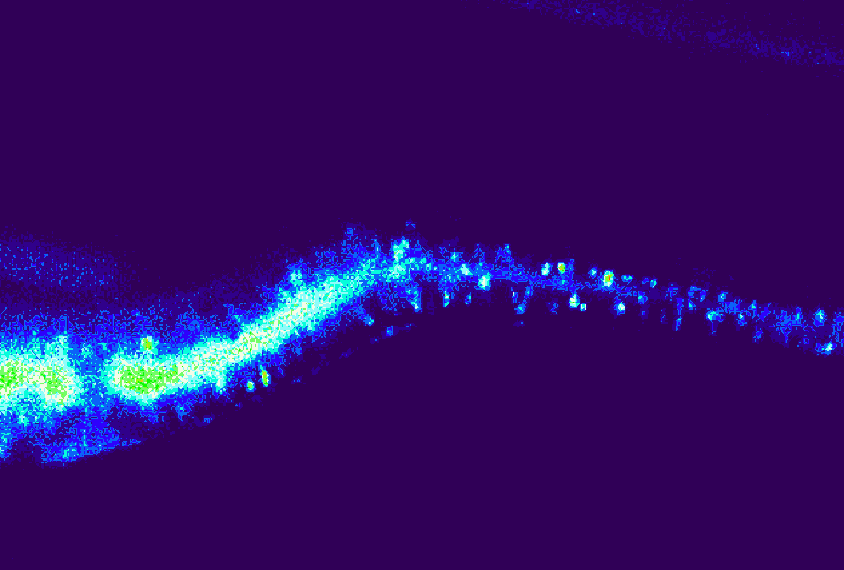
On the periphery: Thinking ‘outside the brain’ offers new ideas about autism
Neuronal alterations outside the brain may help to explain a host of the condition’s characteristic traits, including sensory changes, gut problems and motor differences.
Multi-omics study captures CNTNAP2’s far-ranging effects
The in-depth approach shows mutations in the autism-linked gene disrupt neuronal growth and communication, as well as mitochondrial gene expression.
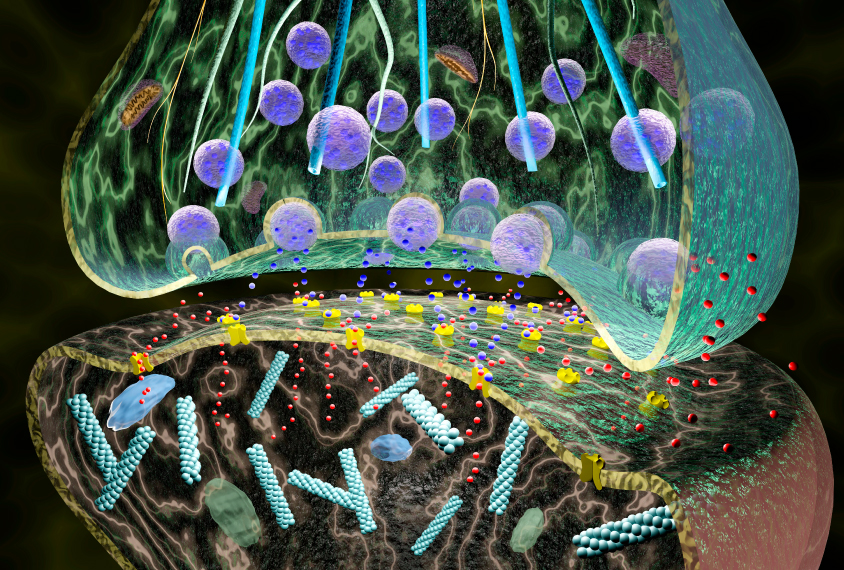
Multi-omics study captures CNTNAP2’s far-ranging effects
The in-depth approach shows mutations in the autism-linked gene disrupt neuronal growth and communication, as well as mitochondrial gene expression.
Mouse models help sniff out olfactory differences in autism
A range of presentations at Neuroscience 2022 tie atypical social behavior to trouble discriminating between odors in the animals.
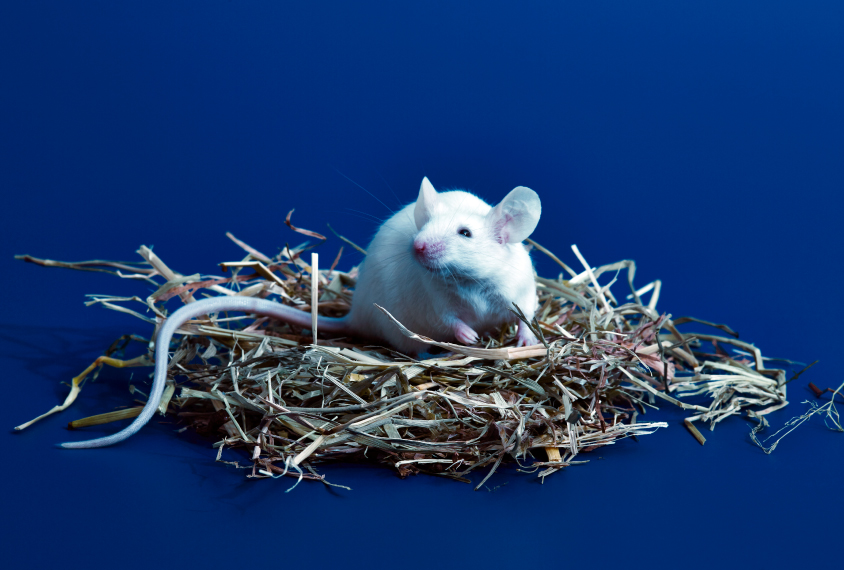
Mouse models help sniff out olfactory differences in autism
A range of presentations at Neuroscience 2022 tie atypical social behavior to trouble discriminating between odors in the animals.
Oxytocin alters brain activity to boost sociability in mice missing autism gene
Infusions of the hormone oxytocin may make mice that model autism more social by normalizing their brain activity patterns.
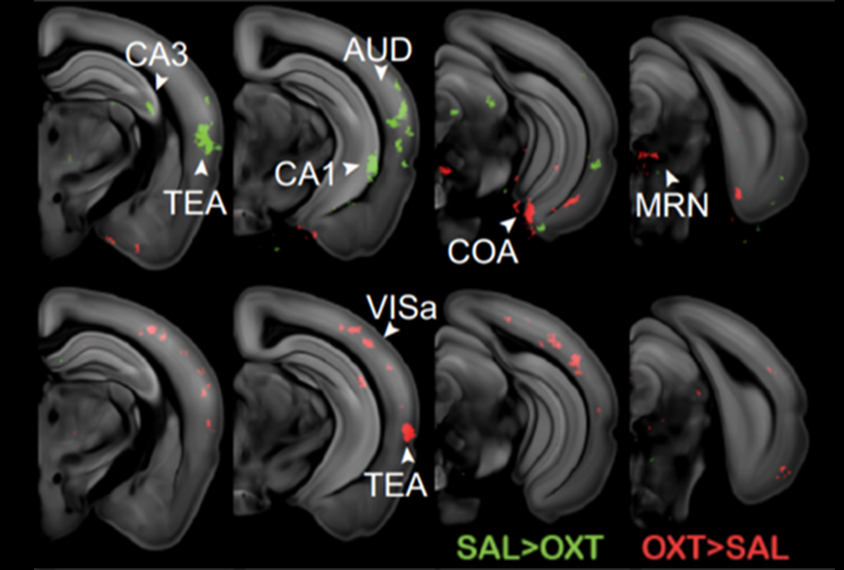
Oxytocin alters brain activity to boost sociability in mice missing autism gene
Infusions of the hormone oxytocin may make mice that model autism more social by normalizing their brain activity patterns.
Fish, frogs, flies and other fauna in scientific firsts
Over the past century, scientists have used a variety of animal models to advance their understanding of the developing brain and autism.
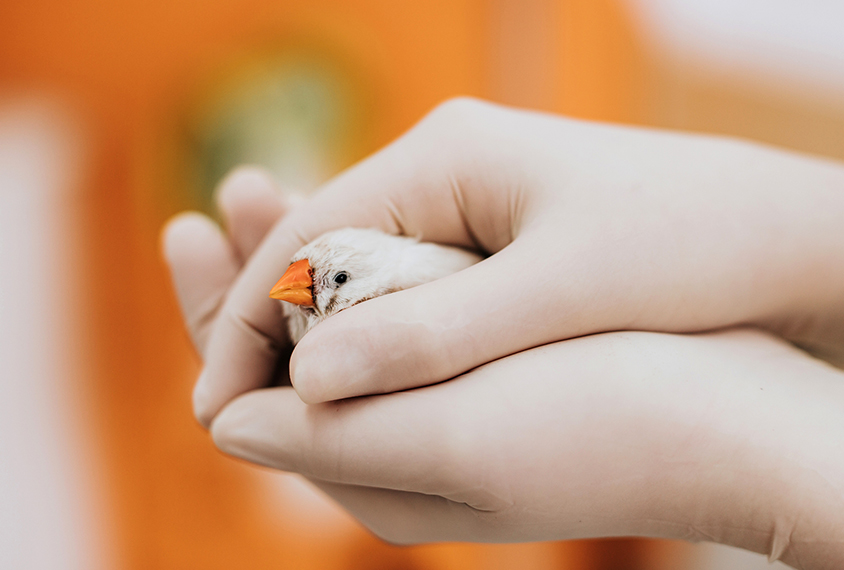
Fish, frogs, flies and other fauna in scientific firsts
Over the past century, scientists have used a variety of animal models to advance their understanding of the developing brain and autism.
What studying worms, flies and fish says about autism
Researchers are increasingly turning to simple animals to learn about autism biology and find leads for new drugs.
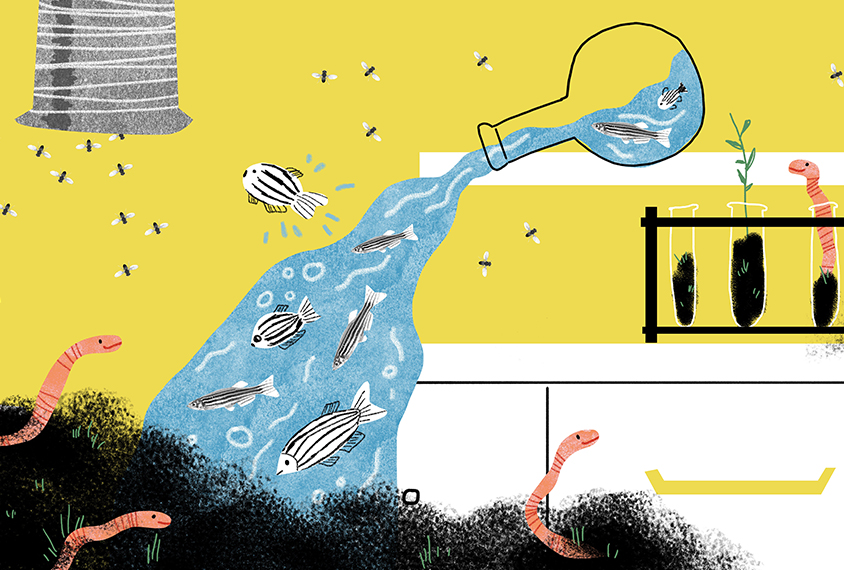
What studying worms, flies and fish says about autism
Researchers are increasingly turning to simple animals to learn about autism biology and find leads for new drugs.
GABA agonist rescues auditory hypersensitivity in rats missing autism-linked gene CNTNAP2
The investigational drug arbaclofen may right an imbalance between inhibitory and excitatory signaling in the animals’ brains.
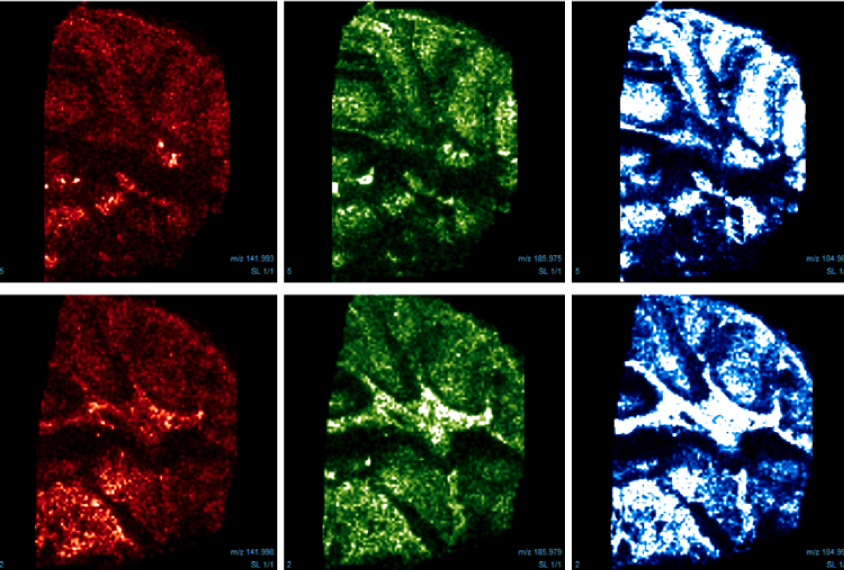
GABA agonist rescues auditory hypersensitivity in rats missing autism-linked gene CNTNAP2
The investigational drug arbaclofen may right an imbalance between inhibitory and excitatory signaling in the animals’ brains.
Cerebellum alterations crop up in mice missing autism gene
Deleting the autism-linked gene CNTNAP2 from mice leads to distinct cellular and electrical changes in the cerebellum, according to two unpublished studies presented virtually today at the 2021 Society for Neuroscience Global Connectome.
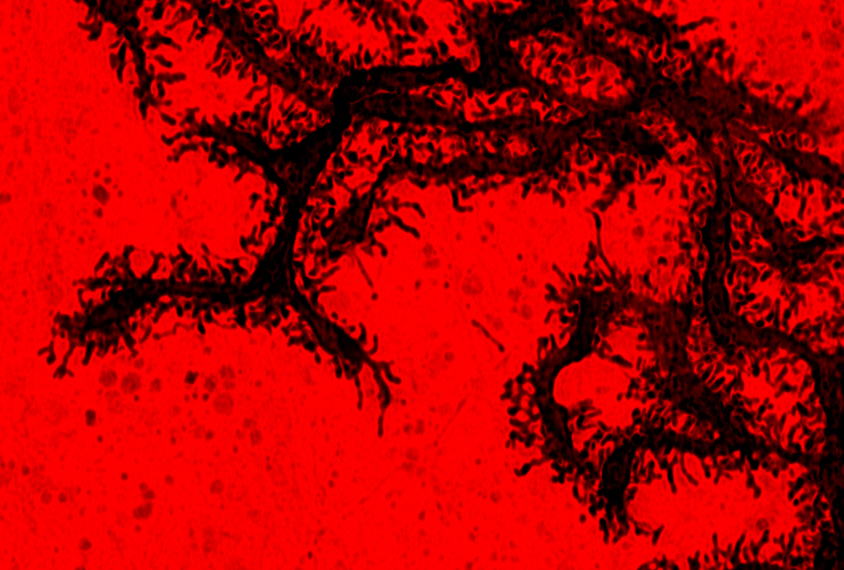
Cerebellum alterations crop up in mice missing autism gene
Deleting the autism-linked gene CNTNAP2 from mice leads to distinct cellular and electrical changes in the cerebellum, according to two unpublished studies presented virtually today at the 2021 Society for Neuroscience Global Connectome.
‘MoSeq’ identifies drug-specific behaviors in autism mouse model
A tool that relies on video cameras and machine learning can identify mice that have mutations in a top autism gene by their behaviors. It also detects how a widely used autism drug affects their movements.
‘MoSeq’ identifies drug-specific behaviors in autism mouse model
A tool that relies on video cameras and machine learning can identify mice that have mutations in a top autism gene by their behaviors. It also detects how a widely used autism drug affects their movements.
Nighttime light affects sleep, repetitive behaviors in autism mouse model
Mice missing an autism gene groom themselves more than usual and have altered circadian rhythms after nighttime exposure to light.
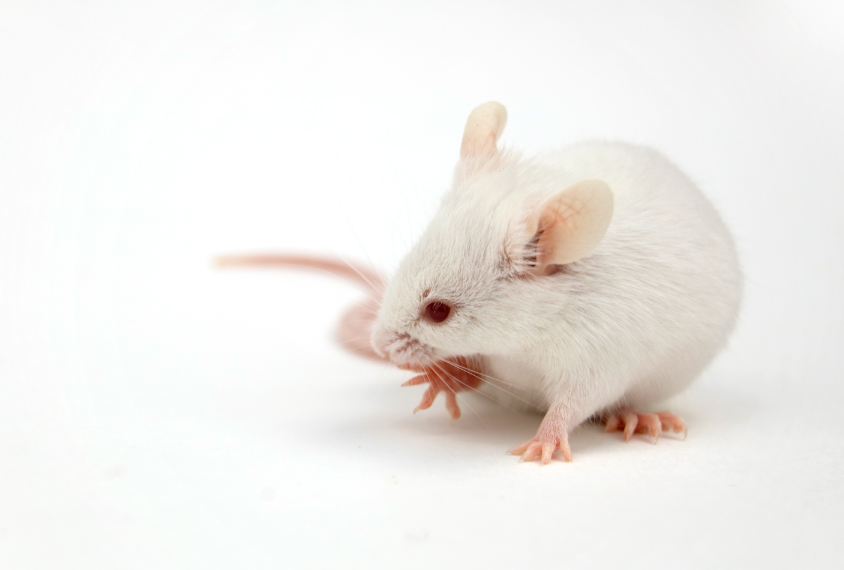
Nighttime light affects sleep, repetitive behaviors in autism mouse model
Mice missing an autism gene groom themselves more than usual and have altered circadian rhythms after nighttime exposure to light.
Explore more from The Transmitter
Who funds your basic neuroscience research? Help The Transmitter compile a list of funding sources
We want to hear from you about the sources of funding for your research.
Who funds your basic neuroscience research? Help The Transmitter compile a list of funding sources
We want to hear from you about the sources of funding for your research.
The future of neuroscience research at U.S. minority-serving institutions is in danger
Cuts to federally funded programs present an existential crisis for the University of Puerto Rico’s rich neuroscience community and for research at minority-serving institutions everywhere.

The future of neuroscience research at U.S. minority-serving institutions is in danger
Cuts to federally funded programs present an existential crisis for the University of Puerto Rico’s rich neuroscience community and for research at minority-serving institutions everywhere.
Unexpected astrocyte gene flips image of brain’s ‘stalwart sentinels’
The genetic marker upends the accepted orientation of non-star-like astrocytes in the glia limitans superficialis.
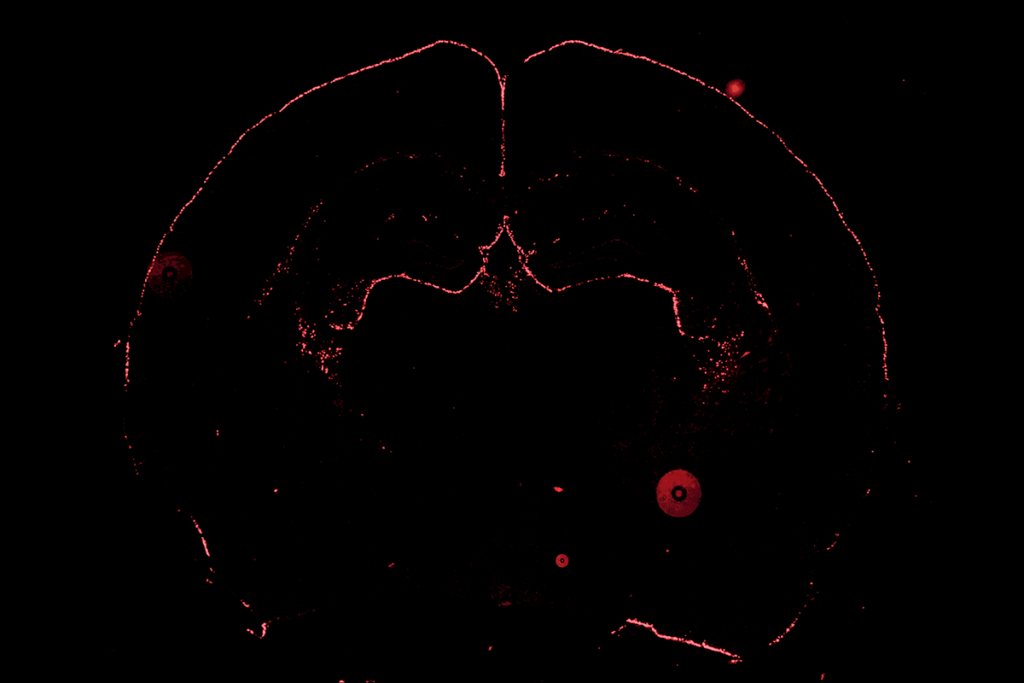
Unexpected astrocyte gene flips image of brain’s ‘stalwart sentinels’
The genetic marker upends the accepted orientation of non-star-like astrocytes in the glia limitans superficialis.